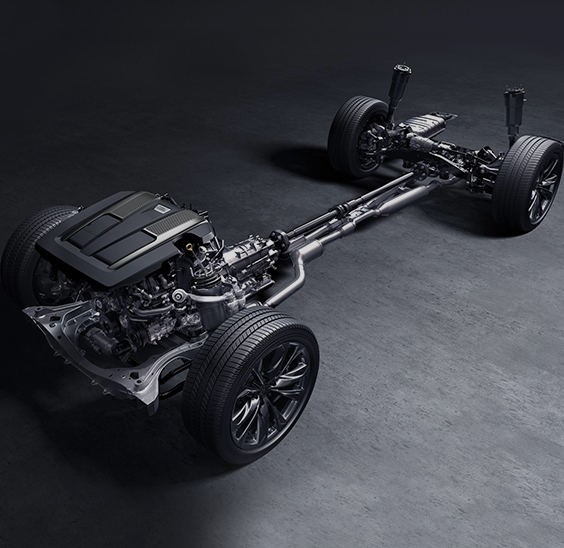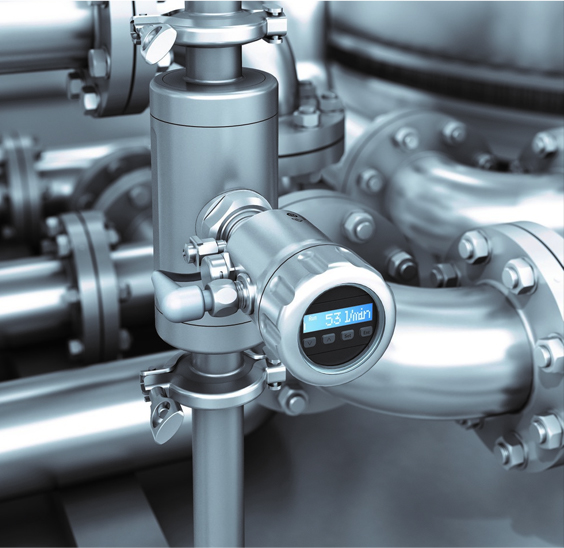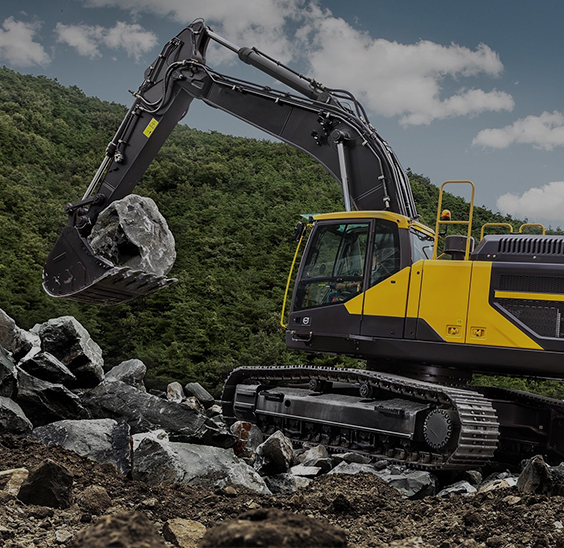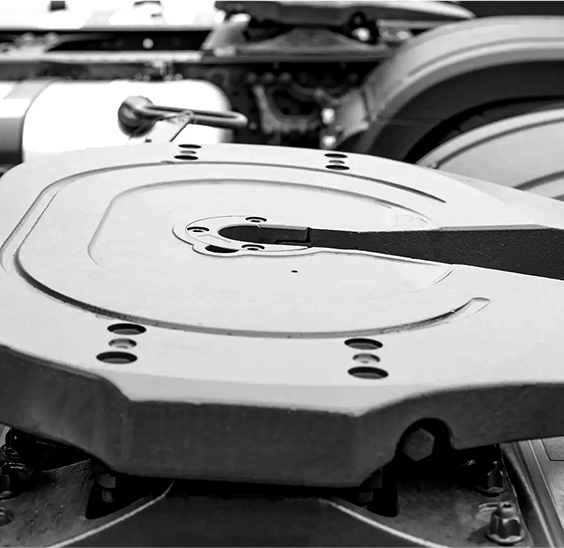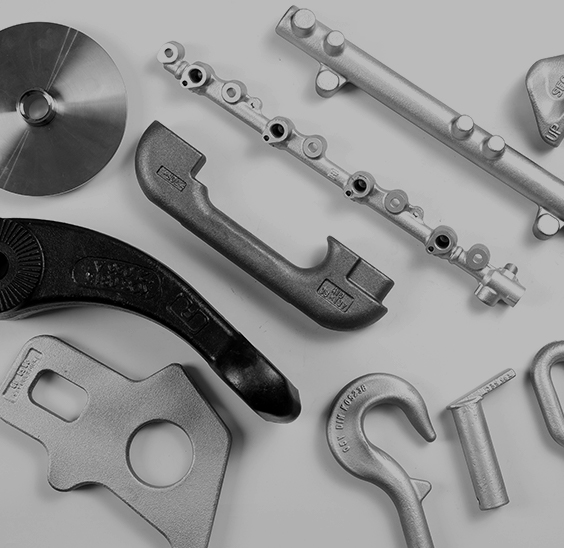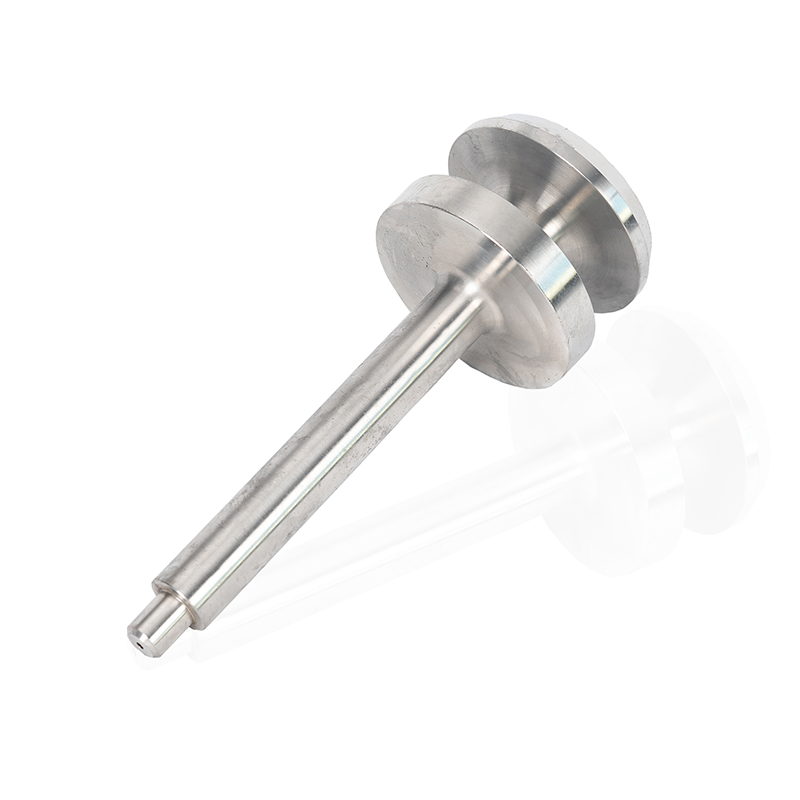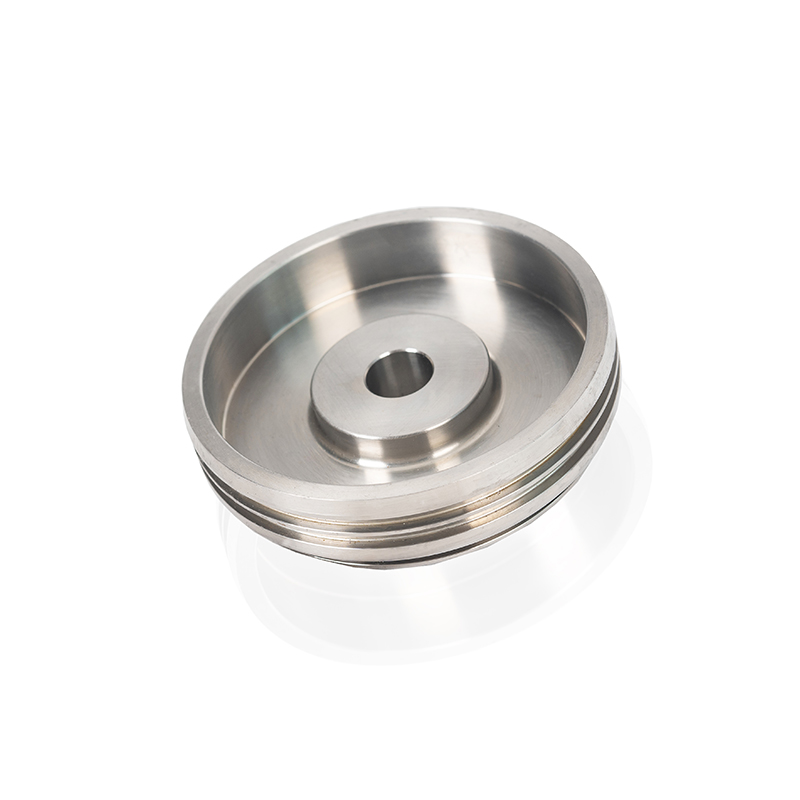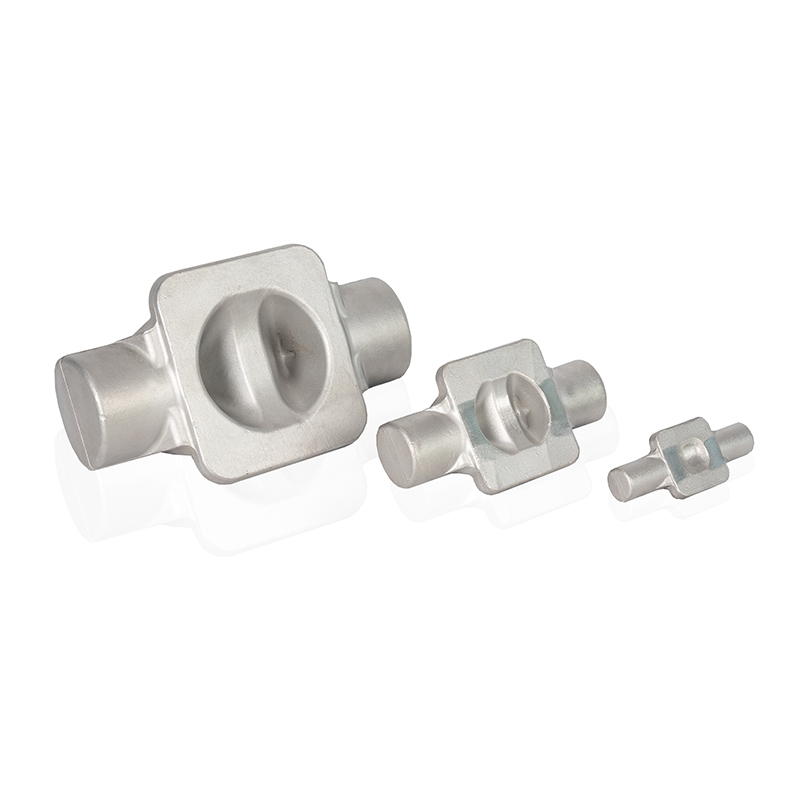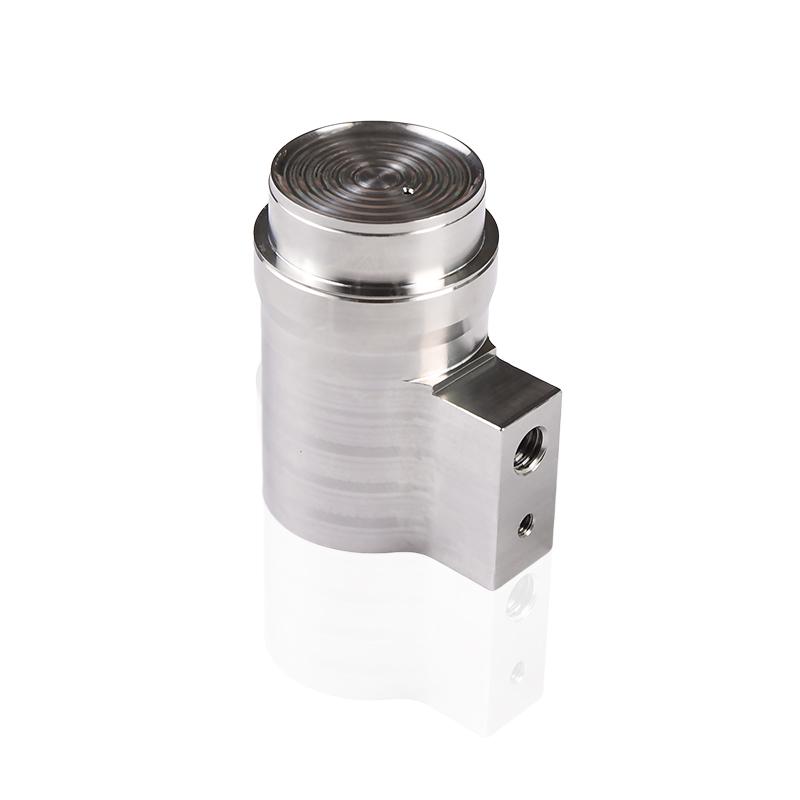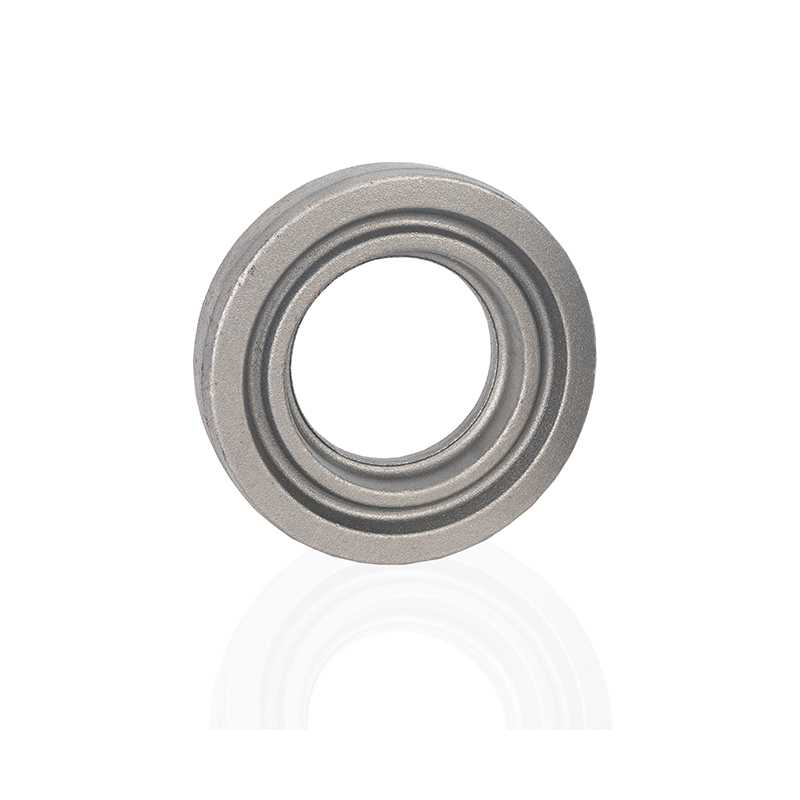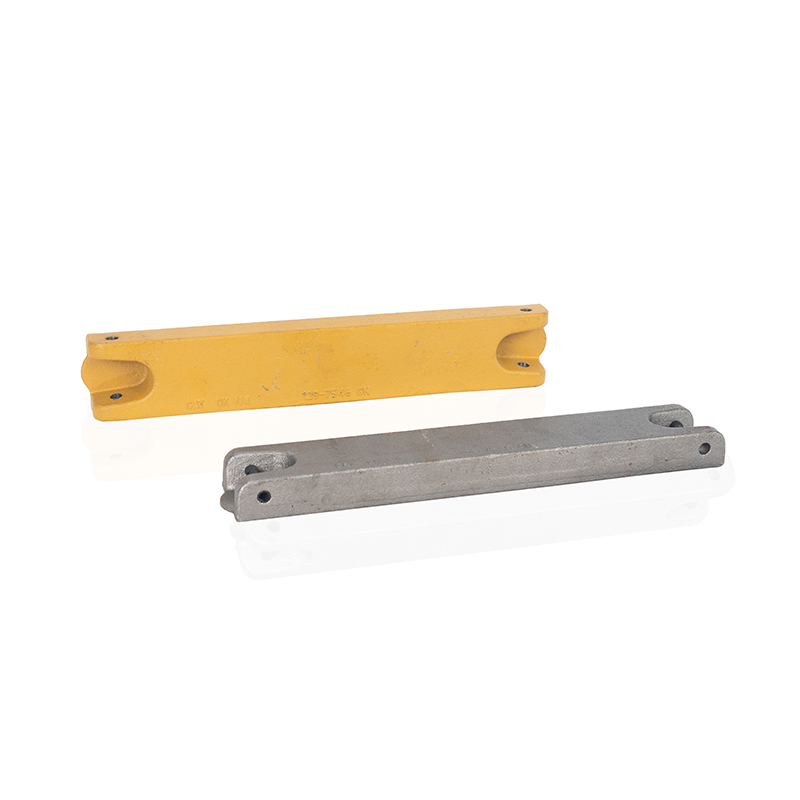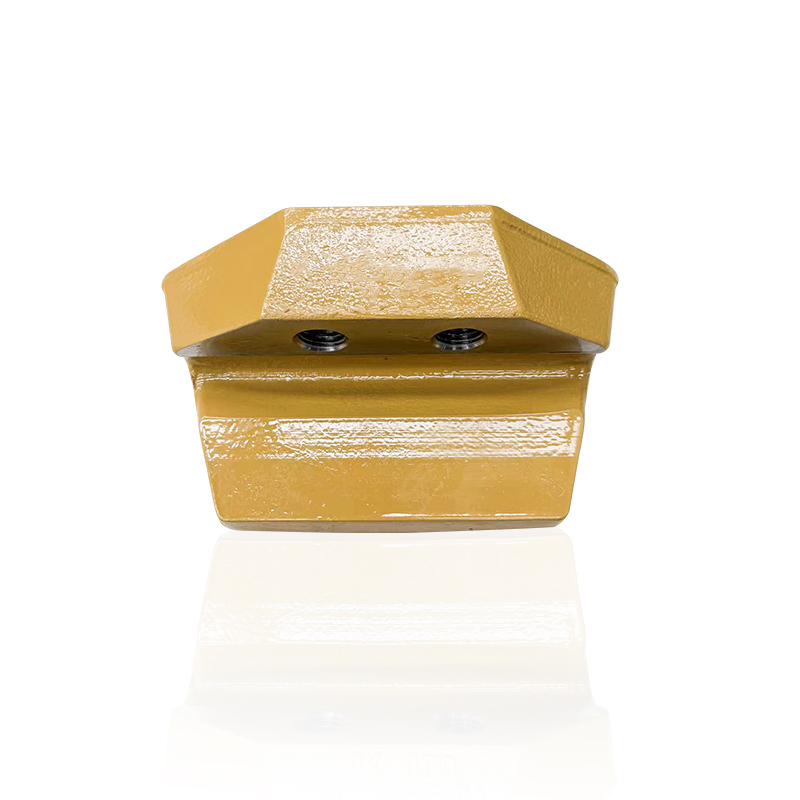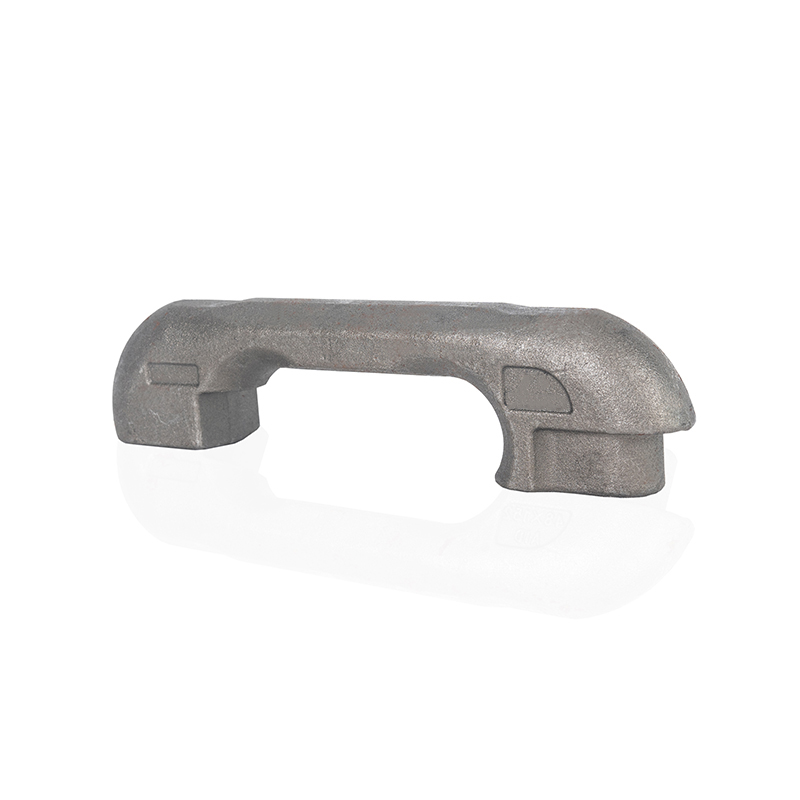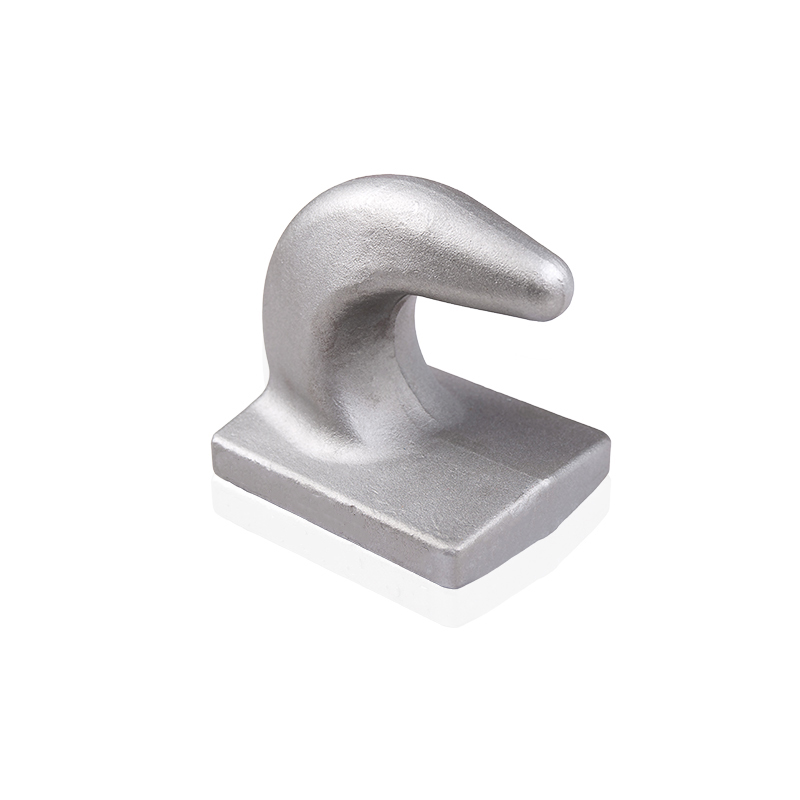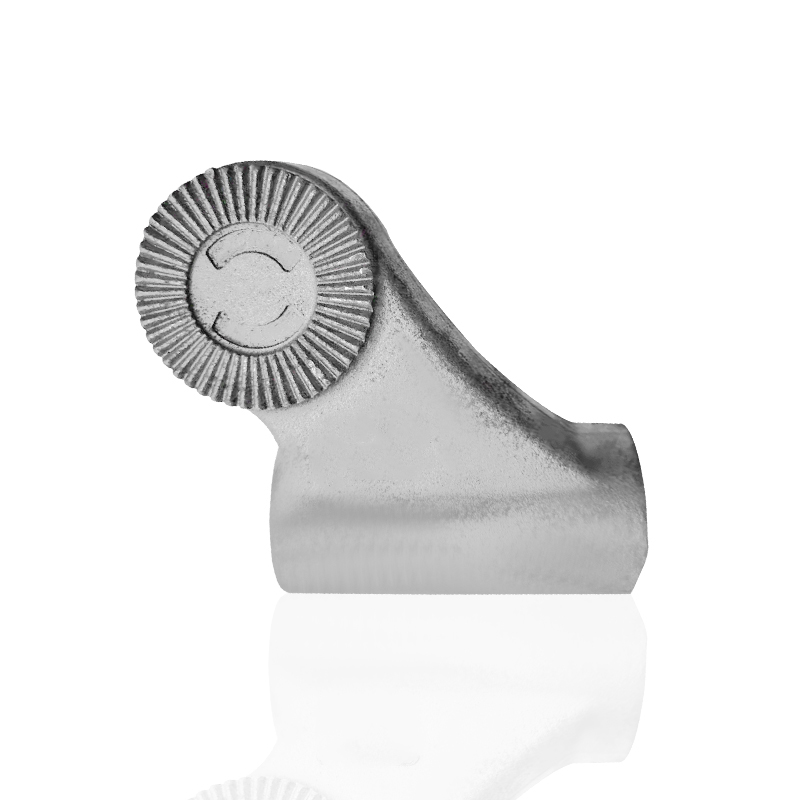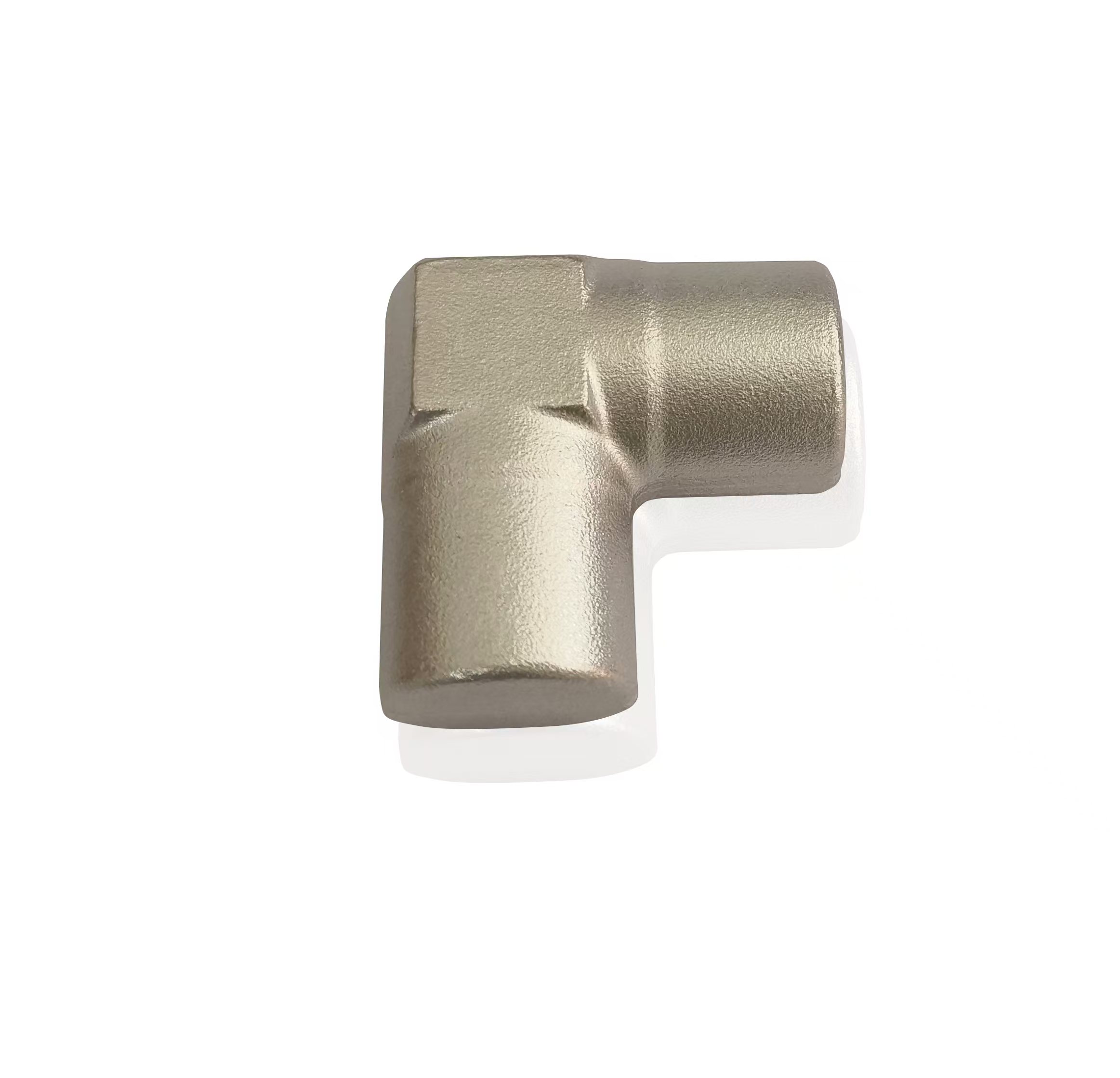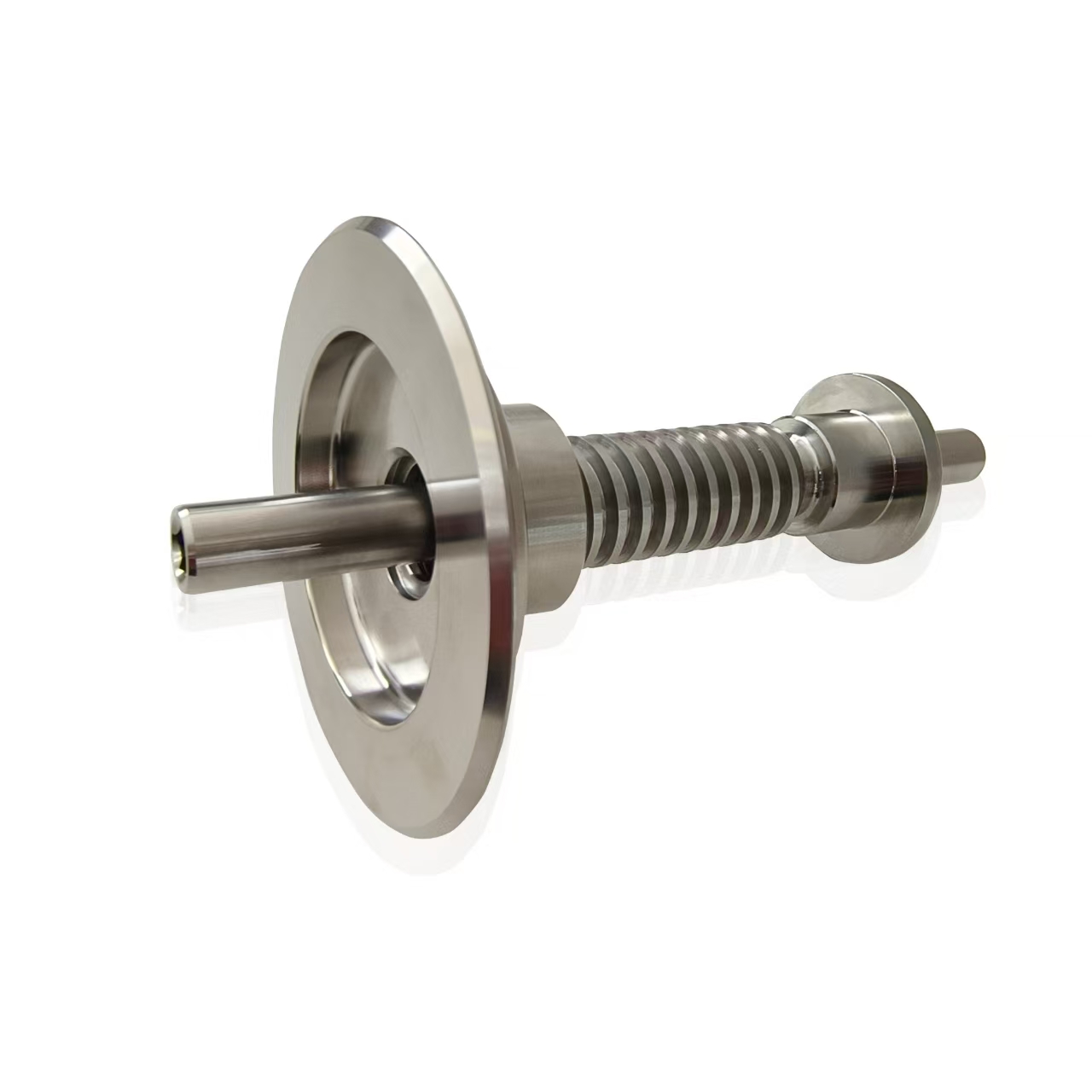How Material Selection Enhances the Strength and Efficiency of Vehicle Transmission System Forgings
 2025.05.22
2025.05.22
 Industry news
Industry news
In the realm of vehicle transmission system forgings, material selection is far more than just picking a steel grade off the shelf—it’s a fundamental factor that directly influences the performance, reliability, and longevity of critical drivetrain components like gears and shafts. As a manufacturer deeply embedded in this industry, we’ve seen firsthand how tailored material choices can transform a standard part into a highly efficient, high-durability component that delivers lasting value across various vehicle applications.
The mechanical demands placed on forged transmission components are substantial. Gears must endure high contact stresses, often under dynamic load conditions, while shafts transmit torque over long operational lifespans. To meet these requirements, different steel grades—such as 42CrMo, 20MnCr5, or 18CrNiMo7-6—are commonly selected for their unique combinations of strength, toughness, and hardenability. Each alloy responds differently to forging and subsequent heat treatment, which makes a deep understanding of material behavior essential to achieving optimal performance in end-use scenarios.
Carbon content and alloying elements like chromium, nickel, and molybdenum play a decisive role in dictating core strength and surface hardness. For example, low-alloy steels with good hardenability allow for deep case hardening, making them ideal for gears that require a tough core and wear-resistant surface. On the other hand, transmission shafts may benefit from materials with higher ductility to withstand torsional fatigue. The fine balance between hardness and toughness ensures that forged components operate safely even under sudden shock loads or varying temperature conditions.
Another layer of complexity lies in the heat treatment strategy tailored to the chosen material. Forged components often undergo quenching and tempering, or in the case of gears, carburizing followed by hardening. These processes are material-specific and require precise control to ensure optimal grain structure and minimal residual stress. The wrong pairing of material and heat treatment can result in cracks, distortion, or premature wear, which is why experienced forging suppliers always conduct rigorous testing before finalizing specifications.
It’s also worth noting that material selection impacts more than mechanical properties—it influences manufacturability and cost-efficiency as well. A well-chosen steel grade can reduce machining time and tool wear, particularly important for high-volume production. For vehicle transmission system forgings that demand repeatable performance and tight tolerances, choosing a material that responds predictably to forging pressure and die design is crucial. This reduces rework rates and supports stable, scalable production processes.
Our role as a supplier, exporter, and forging expert is not only to produce strong components but also to help customers make informed decisions from the start. Whether you're designing for commercial trucks, passenger cars, or new energy vehicles, we offer guidance on selecting the right material for your transmission application based on performance targets, operating conditions, and regulatory requirements. This consultative approach saves both time and cost while helping customers gain a competitive edge in their markets.
In a field where precision and reliability are non-negotiable, investing in the right material for your vehicle transmission forgings is not just smart—it’s essential. With decades of hands-on experience, advanced metallurgical knowledge, and commitment to quality, we ensure that every forged part we produce performs exactly as needed, right from the first mile to the last.


